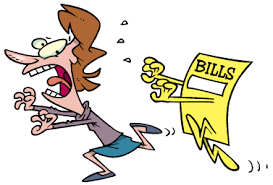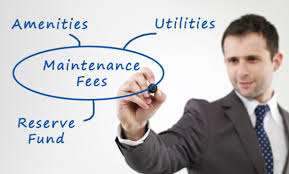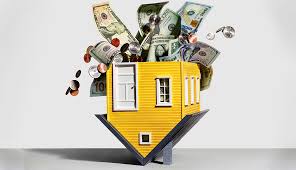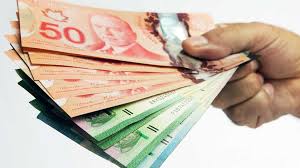 December 2021
December 2021
Many are dealing with the stress of debt. When no longer manageable, personal insolvencies and bankruptcy filings are a last recourse for those who have taken on more debt than they can handle and are unable to manage their expenses.
Before reaching this point, certain practices should be avoided to make the best of a difficult situation.
Failure to pay condo fees
Never fail to pay required condo fees. Your neighbours in the building have certain protections in the Condo Act to protect against owners who fail to pay to maintain their home. Failure to pay condo fees and other monies due the corporation risks a lien being placed on your home and possible forced sale.
Taking money from your RRSP to pay debts
There are many reasons to avoid this. Money in these accounts are protected against creditors so exempt from risk of debt-related loss. If an insolvency filing is made, RRSP money may be the only remaining assets. Withdrawals from an RRSP are taxable income and possibly subject to early withdrawal penalty. This can add to debt rather than reduce it. Added income and taxes owed can impact on an insolvency filing.
Paying unsecured debts first
Secured loans are those tied to specific assets. Failure to pay a mortgage risks loss of home or property. Failure to pay a car loan risks loss of the vehicle. Credit cards are unsecured in that failure to pay does not place specific assets at risk. It is usually preferable to pay secured creditors first.
Making partial payment on old debt
Creditors are prohibited from collecting debt after a period of time. In Ontario this period is two years for unsecured debt. Providing a written promise or partial payment on a debt may extend the period where a creditor can seek to collect payment or take legal action.
Maintaining accounts where money is owed
If you miss making a required payment to any bank or financial institution where other accounts are maintained, the institution may have the right to access these accounts to obtain payment.
Using a home equity loan or second mortgage to pay off unsecured debt
Failure to pay a mortgage risks loss of your home. Increasing this type of debt to pay off credit cards and other unsecured debt, which can be discharged in an insolvency filing, is not advisable even when available at a lower rate of interest. A second mortgage may provide immediate cash to pay off debt. It also increases monthly expenses and how long it takes to pay off a mortgage. Consolidating debt with a home equity loan is not always a prudent approach.
Not filing tax returns
Canada Revenue Agency can prevent an insolvency filing from being closed, and discharge of debts, when there are missing income tax returns or tax payments are due.
Debt causes stress. These tips can help avoid making a difficult situation worse.







